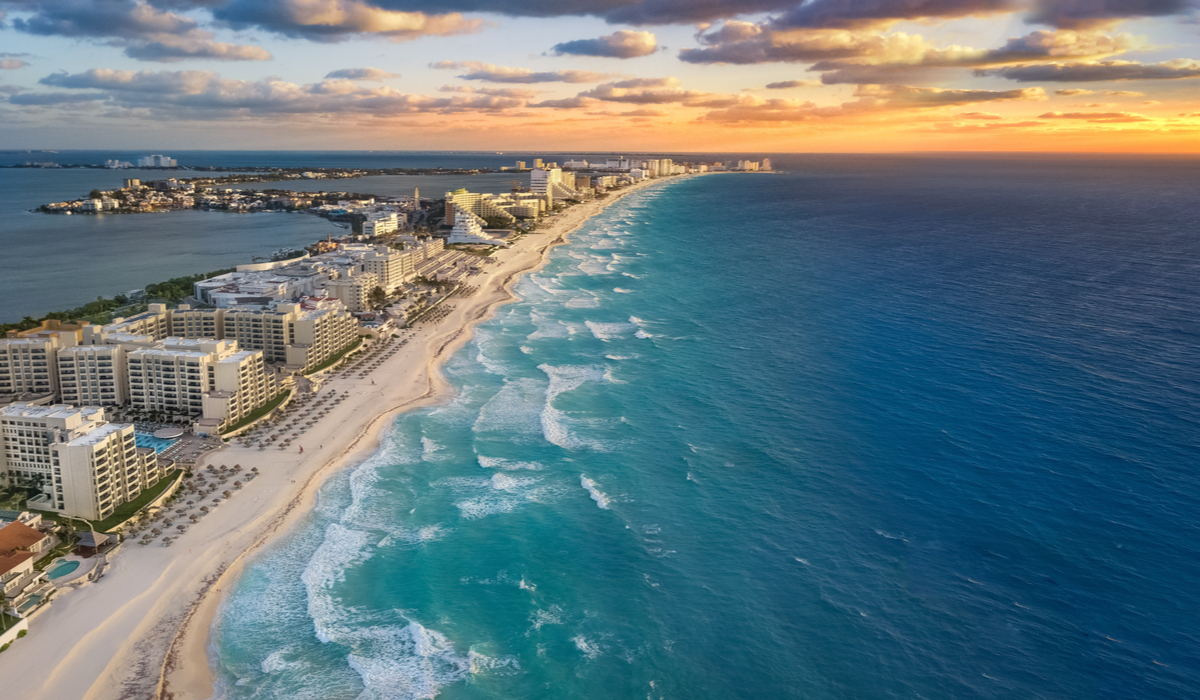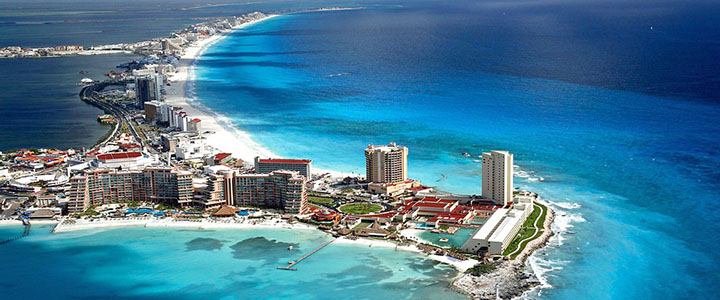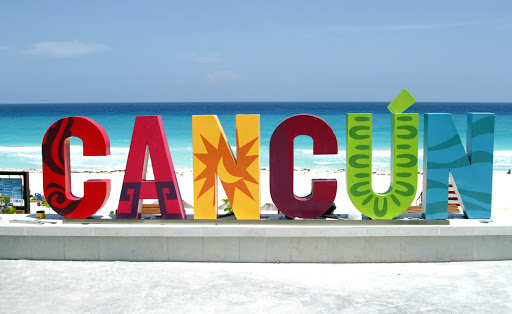


Group Differences
What is the difference between a contracted room block and a flexible group for my All-Inclusive destination wedding?
Are you dreaming of the perfect wedding on the beach but find yourself stuck and overwhelmed when it comes to research, reservations, and nit-picky details?
We know that coordinating travel arrangements for your group of guests requires careful planning. To ensure the best fit, we offer two distinct options to accommodate your type of group, number of travelers and flexibility of schedule.
1. Traditional group travel
This is the perfect booking option for travelers on the same itinerary who need flexible payment and cancellation policies for the entire group plus, other general group contract benefits.
A traditional group typically comprises:
-
20 or more people
-
10 or more rooms
-
All traveling together (but with various date combinations)
-
Flight & hotel packages, or just accommodations
-
Set price for all travelers with pre-reserved block inventory!
2. Flexible Groups
They’re ideal for small groups of 10 or more who want to vacation together at the same resort, yet need flexibility with their travel dates, flights, length of stay or who may travel from different cities.
-
No need to sign a group contract!
-
Guests can book from any origin and the hotel will still see them coming as one group
-
You can customize every booking to the clients’ individual travel needs
How it works
Terms and Conditions:
* Must use unique promotional code for additional qualifying travel companions
* Names are required at the time of booking and name changes are not allowed.
* The offer requires a minimum of 10 people using the promotional code provided.
* Promotional code does not ensure that all associated Flexible Getaways passengers will be accommodated on the same flight in the event that a schedule change occurs.
* Offer is not retroactive and cannot be applied to previously booked packages.
* Group inclusions and amenities can change at any time and are at the resort’s discretion. Any complimentary stays or upgrades will be applied to the couple’s reservation unless otherwise informed to your group specialist.
* All resort credits are assessed approximately 3-4 weeks after travel and are refunded to the designated reservation via the original form of payment. Hotel complimentary credits are typically based on the most common hotel room category booked and the most common length of stay booked.
Hotel’s complimentary credit value is at the hotel’s discretion. Only rooms booked through Destination Weddings Expert, LLC will count toward complimentary credit eligibility.
* Lead booking does not determine package rates. All packages are subject to availability and pricing at the time of booking.
* Minimum 3-night hotel stay required.
* All guests must stay at the same hotel unless otherwise contracted with Destination Weddings Expert, LLC.
* Discount will recalculate if modifications are made to the booking.
* Standard Terms and Conditions apply and are outlined during the booking process; other restrictions may apply.
Why Choose Us
Apollo Travel Orlando is dedicated to ensuring your experience, as well as your guests, is seamless from start to finish. When reserving your destination wedding with us, you’ll enjoy:
-
Flexible deposit, payment, and cancellation options
-
The best vacation prices—including flight, hotel, and activities
-
Complimentary room upgrades and money-saving offers based on group size
-
Customized itineraries and group activities
-
Group Travel Protection Plan, protecting your travel investment
-
You’ll receive professional, personalized one-stop-shop service
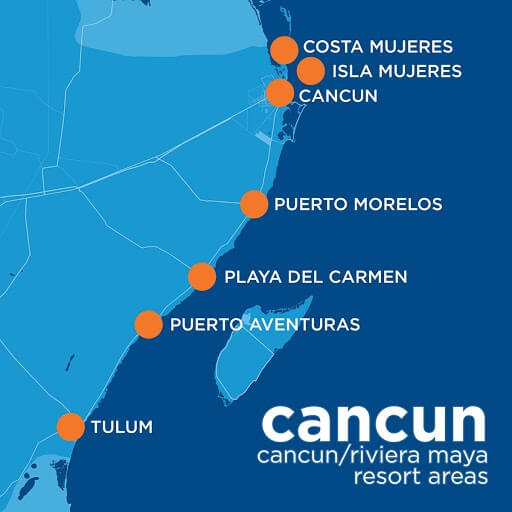
Differences between the riviera Maya and Cancun
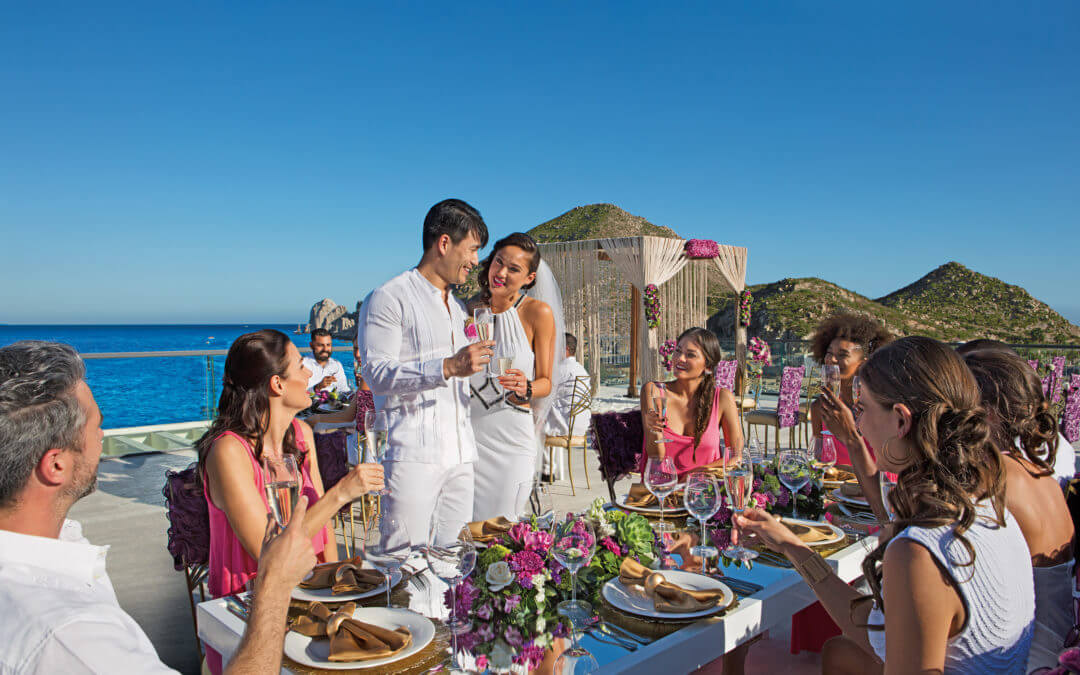
Destination Weddings FAQ
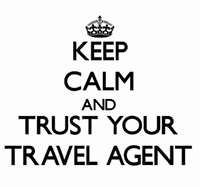
Wedding planning tips

25 questions to ask

25 important questions to ask a travel agent
- Are they available to help you plan?
- How long have they been in business?
- Do they have a business license?
- How do they get paid? Is there a fee to you, and if so, what is it?
- Do they specialize in honeymoon planning?
- How many honeymoons have they planned?
- Are they familiar with the best places to travel the time of year you would like?
- What services does the travel agent offer?
- If they provide full-service planning, what do they need from you?
- Can they help you stay within budget?
- Do they get discounts at certain resorts?
- Have they traveled to any of the resorts they recommend?
- What is their favorite place to visit?
- Do they have photographs or websites for the resorts they have booked in the past and recommend?
- Do any resorts provide special perks for honeymooners (champagne, chocolates, etc.)?
- Can they recommend activities to do while on your honeymoon?
- Do they coordinate transportation?
- How can you reach them while on your trip in case of emergency?
- Do they offer trip insurance?
- What types of documentation is necessary for your trip (domestic and international)?
- Can they provide references?
- What is the total cost and what is required for a deposit?
- Do they offer payment plans?
- What type of payment can they take – cash, check, credit card?
- What it their refund or travel change policy (including if the wedding is called off)?

